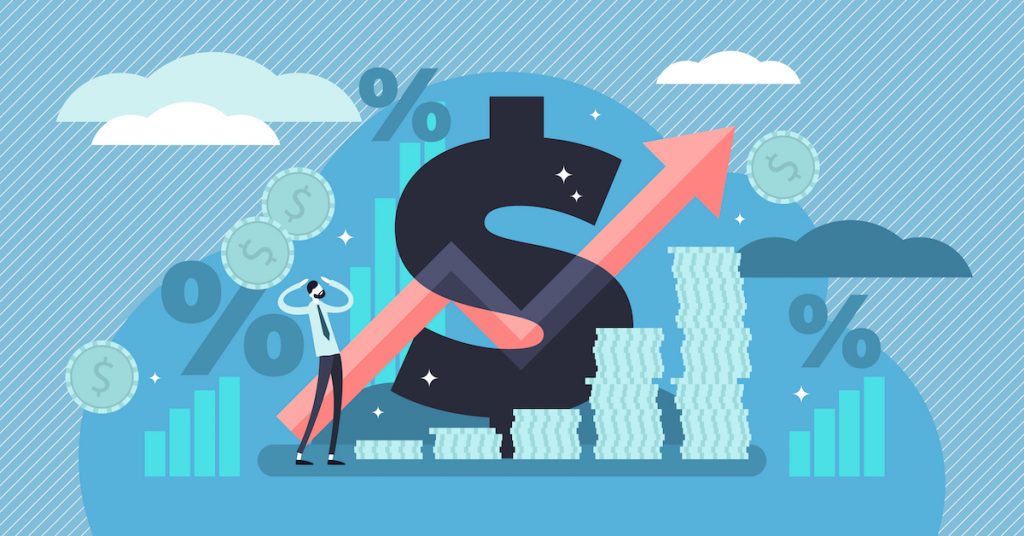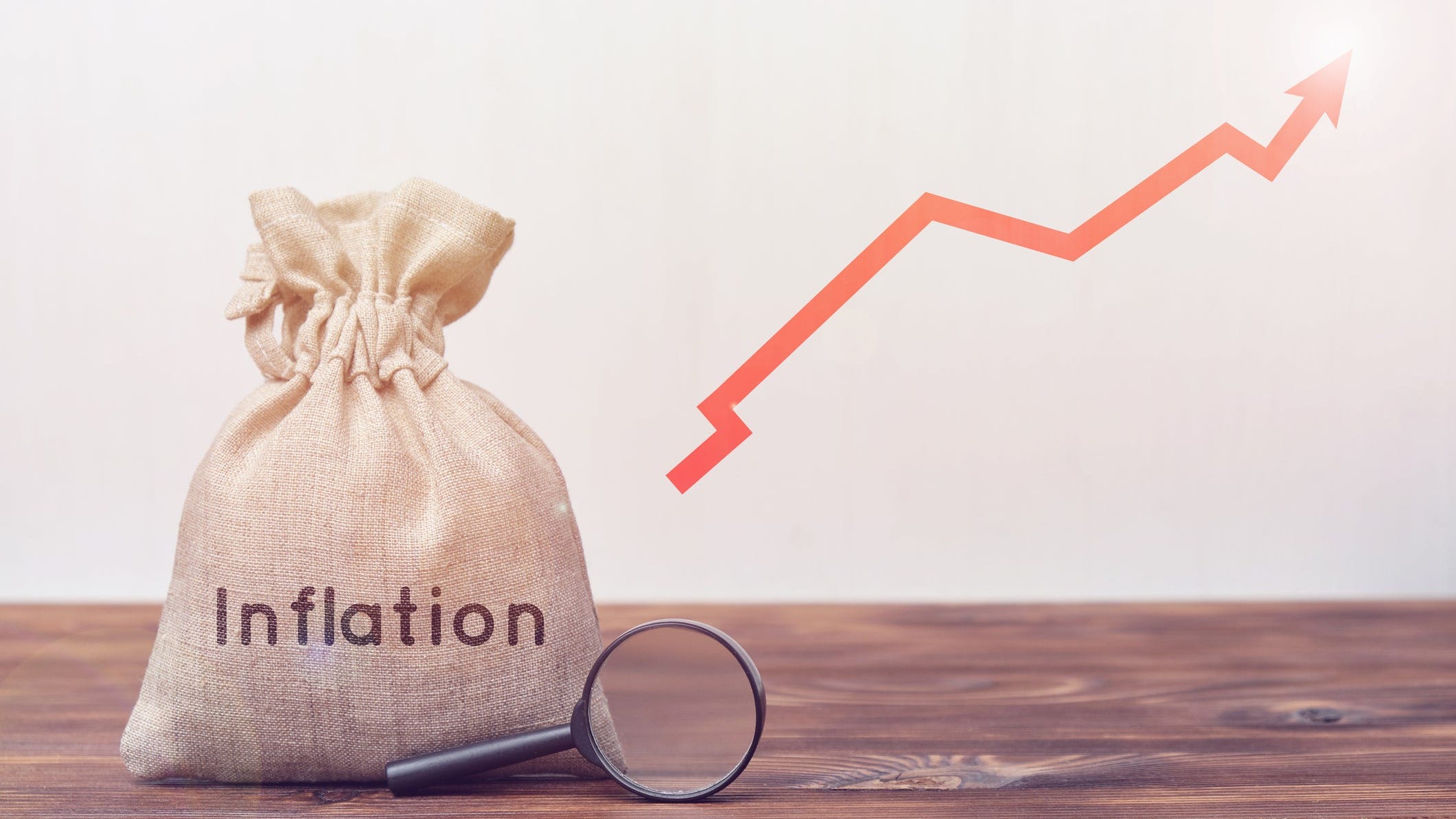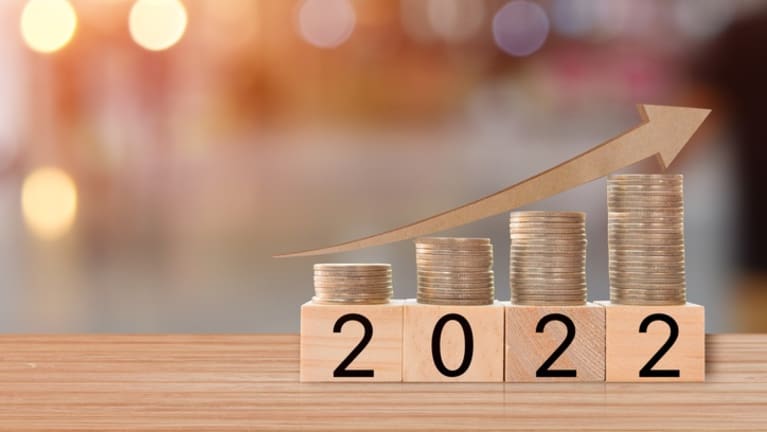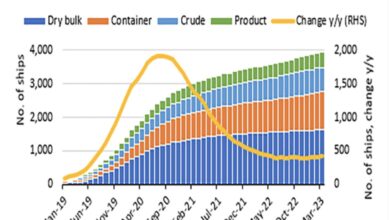
Ashraf Ghorab, the economic expert and vice-president of the Arab Union for Social Development in the Arab Labor System of the League of Arab States for Economic Development, said that after the US Federal Reserve’s decision to raise interest rates by 0.5% to reach 1%, which is the largest increase since 2000, with the aim of curbing inflation that It reached 8.5%, which is the highest level in 40 years. It is expected that the Monetary Policy Committee of the Central Bank of Egypt, at its next meeting this May, will raise interest rates by a rate ranging between 0.5% to approximately 1%.

Ghorab added that the reasons for his expectation that the Central Bank of Egypt will raise the interest rate by between 0.5% to 1%, in order to equalize the inflation imported from abroad after the decision of the US Federal Reserve, to limit the exit of foreign investments in debt instruments, as well as absorbing liquidity and maintaining the attractiveness of local assets, in addition to reducing pressure on the foreign currency, stabilizing the exchange rate and confronting the inflation rate, explaining that the reason for raising interest rates by the US Federal Bank is to improve the value of the dollar and increase demand for it and avoid losses that may occur in the event of not raising interest, especially with the increase in inflation rates in America and its impact on the war. Russian, Ukrainian, and supply shortages due to Chinese closures as a result of the Corona pandemic.

Ghorab explained that the Egyptian economy, as a result of the transformation from a monetary economy to a real economy on the ground, is linked to the implementation of large projects that generate a strong and effective return.
The economies are most affected by global crises, adding that the monetary policies taken in Egypt have enhanced the efficiency of the economy in building a real economy to produce goods and services, and this leads to an increase in gross domestic product, which reduces the economic effects imposed by the global reality, Stressing that the impact of the US Federal Reserve’s decision will be limited to us in light of the proactive steps taken by the central bank, including the purchase of 44.4 tons of gold, to become the largest buyer of gold among global central banks in the first quarter of this year, bringing the volume of gold with the Central Bank to 125.3 tons.
Ghorab pointed out that the issuance of the certificates of the 18% of the Banks of Egypt and Al-Ahly and the raising of interest contributed to reducing the repercussions and effects of the US Federal Reserve’s decision in advance, explaining that the Central Bank will determine the interest rate expected to be raised exactly after the announcement of inflation rates for the month of April within days, explaining that raising interest rates Its purpose is to maintain the continuous flow of hot money, which is foreign investments in Egyptian debt instruments, which witnessed a decline during the last period, heading towards America after raising interest in its banks, stressing that foreign investments in treasury bills are very necessary for the Egyptian economy in maintaining the availability of hard currency and supporting the pound.

The economist continued, that the expectation of rising interest rates to anticipate the expected rise in inflation rates and thus limit its increase, in addition to relieving pressure on the foreign currency, stressing that there is a benefit to Egypt from the US Federal Reserve raising interest rates on the dollar, which is an increase in the proceeds of Egyptian natural gas exports.

In US dollars, on the other hand, the rise in the price of the dollar means that imports will be affected and the import bill will rise, pointing to the resort of the central banks in the countries of the Emirates, Kuwait, and Bahrain and their announcement of raising interest rates after the US Federal Reserve decision yesterday.














